September 11th, 2018 — 11:52pm
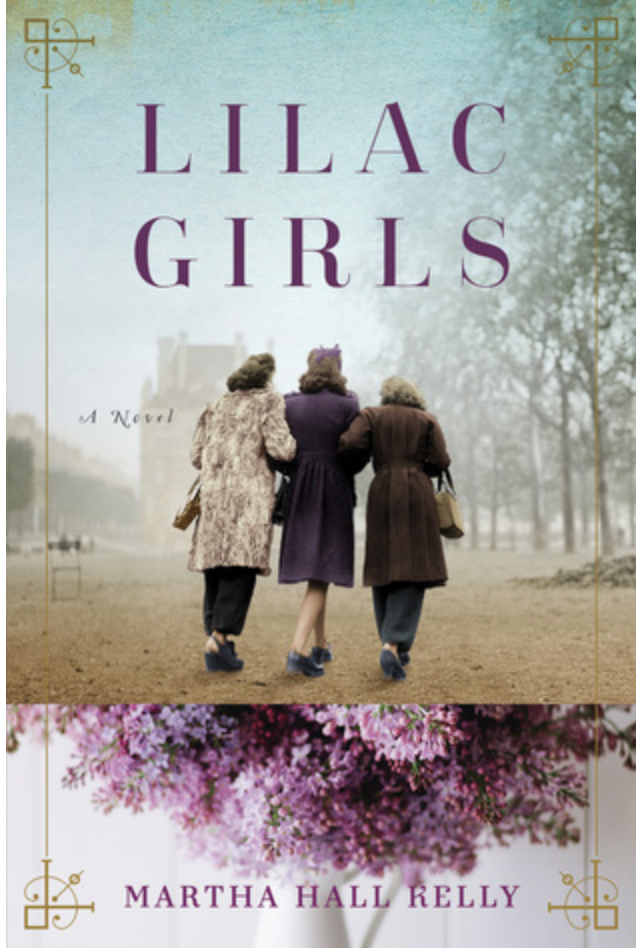
Lilac Girls by Martha Hall Kelly
In the nine years that I have been writing my blog (BookRap.net), more than 10% of the 164 books I have reviewed have had “Holocaust” as a keyword listed in the search section. This does not include the many books on the subject I have read before that time which include three that stand out in my mind; Diary of Anne Frank, Sophie’s Choice, and Schindler’s List. I was a small child safely living in the United States when World War II ended. While many of my older relatives escaped Europe before the war and none were concentration camp survivors, I felt a deep link with my unknown Jewish relatives and their friends and neighbors who were victims of this terrible atrocity. This connection was reinforced early in my career when I was a director of a mental health clinic in Brooklyn and we saw many survivors and children of survivors.
Early in this book, while I was feeling my usual attachment to this terrible piece of history, I found myself asking, “Why am I going through these events once again?” I thought there was nothing really new here. However, as the book progressed, I did notice that it turned to a specific piece of history which I don’t recall as often relived in books and film on the subject; that is the one German concentration camp which was exclusively for women and that was Ravensbruck. It gave a depiction of the horrendous Nazi experiments that took place on these women with cruel and destructive surgery to their legs in order to test the effects of a new antibiotic. The story related how these women were made to participate in slave labor and then were selected to be murdered when they became ill or too weak to work or just to meet a quota for a certain number of murders to be done. After their death, their bodies would be put in an oven for cremation.
While this book is a novel by Martha Hall Kelly, the author did spend several years researching the background of the lives of some of the characters upon which the book was based. She also did appear to earn the right to write this book in the first person, as she appeared to know quite well the characters who were featured in it as she allowed them to tell their story. She went back and forth with each character mostly during the war years, but there were a few chapters 10 to 15 years during the post-war period.
I believe there was a special sensitivity that the author showed from a woman’s point of view. The deep mother-daughter relationship was explored in various very difficult circumstances as well as the bond that existed between two sisters in the most terrifying and unimaginable situations. Of course, there also was the connection between other women who were living together through this tragic time.
While this book perhaps becomes another book with a keyword “Holocaust” on my blog, I also know it will be an excellent contemporary novel that will be available and hopefully one with great appeal to today’s generation of readers, so this piece of history will never be forgotten.
Please consider leaving your comments below
To purchase this book on Amazon, please click here
Comment » | FH - Fiction Historical
June 4th, 2016 — 12:30am
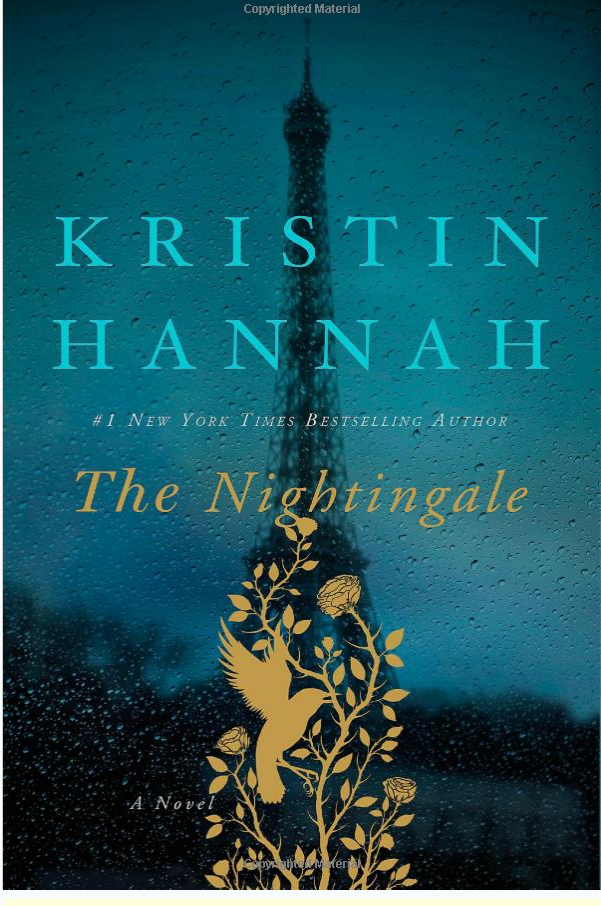 The Nightingale by Kristin Hannah
The Nightingale by Kristin Hannah
If there is any book that has greatly contributed to my understanding of the bravery and resilience of victims of Nazi, Germany it was The Diary of Anne Frank. That book was written by a teenage girl who was hiding in Amsterdam for two and half years until she and her family were betrayed and she was killed. There have been many subsequent books about World War II and the Holocaust. Yet none of them has done it better than The Nightingale by Kristin Hannah, an American novelist who was a lawyer turned writer. She did not go through any horrendous experiences as did Anne Frank and others in her own life but she obviously is a thorough researcher and a very skilled, sensitive writer who has written many successful novels prior to this number one bestseller.
Ms. Hannah has told the story how she came across the account of a Belgian woman, Andrea DeJoneg who was part of the underground resistance during World War II and guided many downed Allied pilots across the Pyrenees Mountains into Spain at the risk of her own life. Based on her research and her insight into the human psyche, Ms. Hannah was able to create the characters of this book. She recounted the acts of tremendous bravery that were shown by her protagonists and she was empathically able to describe their emotional experiences in a very believable manner.
The author focused mainly on women, particularly two sisters, Vianne and Isabelle Mauriac who were not Jewish and lived in Carriveau, a small French village that was occupied by the Nazis during World War II. The reader comes to understand the backstories of these women. Isabelle, the rebellious one, ultimately becomes a very brave woman who shepherds downed British and American pilots across the rugged mountains to safety, risking the severe repercussions which she knew would happen if she were caught.
Her sister Vianne became a heroine in her own right, hiding Jewish children when their parents were taken away by the Nazis. Her actions reawakened questions that we have asked ourselves over the years. Would we have taken in a child (or an adult) to hide or disguise them, when to have been discovered would not only endanger our lives but those of our children? There was another point in question raised by this book when at the end of the war Vianne is faced with the prospect of now having to give up her five- or six-year-old child that she has raised for the past few years when her Jewish friend was taken away to the concentration camps. Now after the war was over, relatives of the deceased Jewish parents want to take this child to America so family there can raise him. But perhaps the most challenging question that the characters in this book face is whether Vianne should tell her husband, who returned home after being a POW held by the Nazis, that the pregnancy with the child that he now feels is his child, but was actually conceived shortly before they reunited, is really the pregnancy of the brutal rape from the German officer who made her house his living quarters before he retreated with the Nazis when the Allies liberated France. Should she have told her husband the truth and should she now more than 40 years after the end of the war tell the truth to the now grownup child who is a successful surgeon and very attentive to his mother.
It is these stories as well as the vivid description of life in occupied France as well in the concentration camps, which are part of this novel that makes this book so unforgettable. It well deserves the acclaim that it is receiving and I’m sure it will be made into an unforgettable movie.
To obtain a copy of this book from Amazon, please click here
Comment » | FG - Fiction General, FH - Fiction Historical
February 25th, 2015 — 2:40pm
‘All the Light We Cannot See’ by Anthony Doerr. 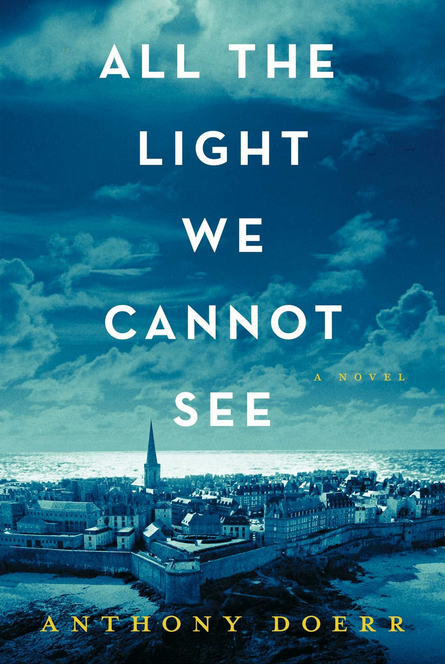
Why does a man who was born more than 30 years after the start of World War II decide to write about the lives of a young blind girl and a German youth during this period of time where their lives ultimately intersect?And why do I, who was born just before the start of this war, find myself still seeking out books about this period of time? This is a question I cannot answer, but I do have a recommendation for the readers of this blog, which I will share at the conclusion of this review.
Marie-Laure was born in Paris and became blind at the age of six. She was the daughter of a widowed locksmith of the Natural Museum of Paris. She was very close to her father, who when war broke out fled with her to the seaside town of Saint-Malo. They lived with her great-uncle who had been traumatized by World War I and was afraid to go out in the street. She was left living with him when her father did not return from a trip to Paris.The great-uncle had a radio in his attic, to which they could listen, as well as transmit. Werner Pfennig was a German orphan who grew up in a children’s home in Berlin. He developed a fascination with and the knowledge about radio circuits, which was the skill that ultimately became his work in the Nazi Army. There are many sub-themes in this developing story, which include the tale of a valuable blue diamond, which people believed gave special powers to those who possessed it. There also was a description of the ruthless training of the German youths and of the bravery of some of the French citizens that occurred during wartime.
Each chapter ultimately alternated between the lives of the blind French girl and the young German lad, as well as a few other people. It should not be surprising to learn that this book is very well-written and well-received. It received a National Book Award and was on the ‘New York Times’ bestseller list for 38 weeks. By examining the microcosm of these two persons’ lives the reader gets a feeling of the humanity, or the lack of it, of some of the people who lived and died during this horrendous recent history. As well-written as this book may be, it is really still a figment of the imagination of the talented Mr. Doerr. It is a fine piece of literature that could round out a reading list for the contemporary reader. However, if you are a young person wishing to be educated on this dark period of 20th Century history or even an older person who has not previously explored this era, this book may not be the place to start. I would suggest two other books; one a classic and the other one probably read by very few people. If you have not read it, I suggest that you read ‘The Diary of a Young Girl’ by Anne Frank, which is the memoir of a young girl in Holland during the Nazi occupation. This perhaps is the most well-known and well-received book about this period of time. The other book that I would suggest is ‘How We Survived – 52 Personal Stories by Child Survivors of the Holocaust’ (See my review of this book). This is a vivid, valid and authentic group of short vignettes that will hold your attention and tell a story as informative and moving as the fine novel which I just reviewed.There are also some other recent novels about the Holocaust that I would bring to your attention: ‘Once We Were Brothers’ by Ronald Balson, ‘My Sister’s Keeper’ by Jodi Picoult and ‘The Book Thief’ by Markus Zusak.( see my reviews of these books) This is obviously a topic that can be explored with many fine pieces of literature, and this book by Mr. Doerr is a very good addition to this library of books.
Comment » | FH - Fiction Historical
May 9th, 2013 — 10:41pm
 The Storyteller by Jodi Picoult – After reading this book I reflected on where did I learn the details about the Holocaust? It wasn’t in any formal class that I took in public school or in college. It may have been in Hebrew School prior to my Bar Mitavah. It was in very general terms from members of my family none of whom that I knew of was a survivor or closely related to one. It was enhanced by books I read and movies I saw such as The Diary of Ann Frank, Schindler’s List, Sophie’s Choice plus so many more as well as some more contemporary movies that have recently emerged (and we have reviewed elsewhere) such as No Place on Earth, In Darkness, Iron Cross, Four Seasons Lodge. However, nothing is more informative and powerful than a well written novel such as this one in which it’s authenticity is based on the author’s research and a well written thoughtfully honed scenario. while, I didn’t learn any new facts or any basic history that I did not know, I am glad to be reminded and stimulated by this book. I also am glad that this best selling novel will be available to our younger generations from teens up who can learn about what happened on the ground and in the concentration camps. All that being said and in addition to this being the authors 5th book on the NY Times #1 slot for best selling book, the story raises some very challenging ethical questions. Sage, the main character, is a young woman who works as a baker in a bakery in a New England town. She meets a 93 year old widow who is a well known retired school teacher with a reputation as a very kind old man. However, he has a secret which he confides to Sage and that is that 65 years ago he was a SS officers in a Nazi concentration camp. Sage’s elderly grandmother is a survivor of the holocaust who was in that concentration camp who has a hidden story to tell. She also since childhood has been a writer or storyteller. Her fantasized stories which are weaved throughout the book are allegories and philosophical explorations of the human psyche and ethical dilemmas that the characters in the real story are considering Our ex- Nazi after befriending Sage and telling her his story in some detail asks Sage to help him end his life. As part of this wish is his other wish to be forgiven. As readers one step and nearly 70 years removed we can ponder what the right thing is to do. Who can forgive but the victims but they have been murdered and most of the survivors are gone. What about the value of the US government hunting even these elderly Nazis and deporting them? Package this all in a page turner or a button pusher (on my Kindle) and you have a great book.
The Storyteller by Jodi Picoult – After reading this book I reflected on where did I learn the details about the Holocaust? It wasn’t in any formal class that I took in public school or in college. It may have been in Hebrew School prior to my Bar Mitavah. It was in very general terms from members of my family none of whom that I knew of was a survivor or closely related to one. It was enhanced by books I read and movies I saw such as The Diary of Ann Frank, Schindler’s List, Sophie’s Choice plus so many more as well as some more contemporary movies that have recently emerged (and we have reviewed elsewhere) such as No Place on Earth, In Darkness, Iron Cross, Four Seasons Lodge. However, nothing is more informative and powerful than a well written novel such as this one in which it’s authenticity is based on the author’s research and a well written thoughtfully honed scenario. while, I didn’t learn any new facts or any basic history that I did not know, I am glad to be reminded and stimulated by this book. I also am glad that this best selling novel will be available to our younger generations from teens up who can learn about what happened on the ground and in the concentration camps. All that being said and in addition to this being the authors 5th book on the NY Times #1 slot for best selling book, the story raises some very challenging ethical questions. Sage, the main character, is a young woman who works as a baker in a bakery in a New England town. She meets a 93 year old widow who is a well known retired school teacher with a reputation as a very kind old man. However, he has a secret which he confides to Sage and that is that 65 years ago he was a SS officers in a Nazi concentration camp. Sage’s elderly grandmother is a survivor of the holocaust who was in that concentration camp who has a hidden story to tell. She also since childhood has been a writer or storyteller. Her fantasized stories which are weaved throughout the book are allegories and philosophical explorations of the human psyche and ethical dilemmas that the characters in the real story are considering Our ex- Nazi after befriending Sage and telling her his story in some detail asks Sage to help him end his life. As part of this wish is his other wish to be forgiven. As readers one step and nearly 70 years removed we can ponder what the right thing is to do. Who can forgive but the victims but they have been murdered and most of the survivors are gone. What about the value of the US government hunting even these elderly Nazis and deporting them? Package this all in a page turner or a button pusher (on my Kindle) and you have a great book.
Comment » | FH - Fiction Historical


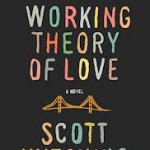


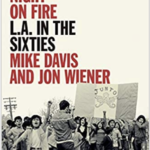
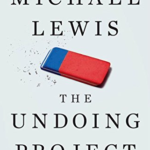
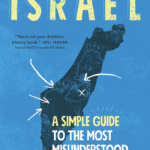
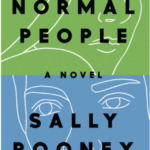

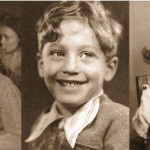
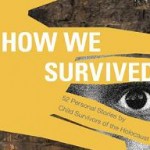



 The Nightingale by Kristin Hannah
The Nightingale by Kristin Hannah
 The Storyteller by Jodi Picoult – After reading this book I reflected on where did I learn the details about the Holocaust? It wasn’t in any formal class that I took in public school or in college. It may have been in Hebrew School prior to my Bar Mitavah. It was in very general terms from members of my family none of whom that I knew of was a survivor or closely related to one. It was enhanced by books I read and movies I saw such as The Diary of Ann Frank, Schindler’s List, Sophie’s Choice plus so many more as well as some more contemporary movies that have recently emerged (and we have reviewed elsewhere) such as
The Storyteller by Jodi Picoult – After reading this book I reflected on where did I learn the details about the Holocaust? It wasn’t in any formal class that I took in public school or in college. It may have been in Hebrew School prior to my Bar Mitavah. It was in very general terms from members of my family none of whom that I knew of was a survivor or closely related to one. It was enhanced by books I read and movies I saw such as The Diary of Ann Frank, Schindler’s List, Sophie’s Choice plus so many more as well as some more contemporary movies that have recently emerged (and we have reviewed elsewhere) such as